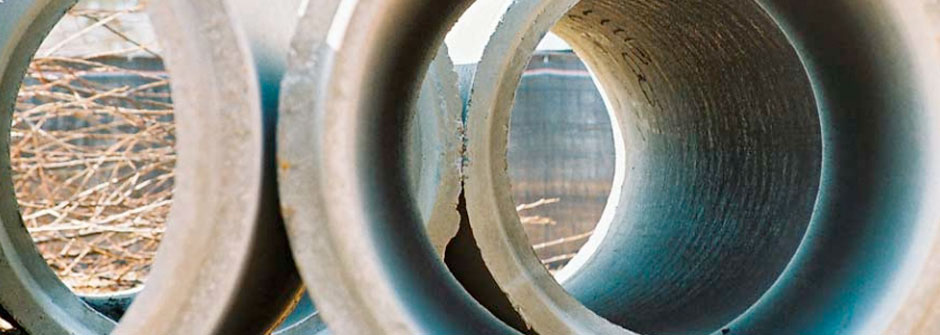Preventing Septic System Problems During Spring

Spring
Because many regions of the US have had a very tough winter this year, it is possible that spring may bring some problems to septic systems and their owners. The speedy melting of snow and some spring rains, may cause runoff from septic systems, which could contaminate other water sources or areas.
While it may be very difficult for this to happen, as most rural areas and agricultural land now follow certain procedures and standards for not having any of their livestock waste runoff into other septic systems, it is possible for some areas to experience problems and people should do their best to stay away from surface water, as there will be some high risk of bacteria levels and other waterborne diseases.
There are still however, some areas which are poorly placed or that have some damaged fields and this means that some water sources could become contaminated very easily. At the moment, authorities in several states are concerned about their rising streams and rivers, as these could be the water sources, which get contaminated first and take the bacteria to communities nearby.
Although their primary concerns are raising streams and rivers, authorities are also recommending people who live in rural areas or who have septic tanks to watch for flooding signs, as this may happen even if you do not live in a flood risk area.
The most critical warning sign to watch for is standing water on top of your septic system. This is an obvious sign that your septic system or tank is not draining as it should be. If you find some of your home’s drain to be working slower than usual or causing some gurgling, it might also mean that the septic system you have installed is experiencing some problems.
If this happens to you, it would be a good idea to reduce the pressure on the system by using less water than you usually do. If at all possible, you should stop using the septic system when you suspect that there might be a flooding problem or saturation problem, as this will prevent wastewater from being treated and it will only become a pollution source.
It is not a very good idea to pump your tank while the ground around it is saturated or even to use other equipment to try and reduce the water in the ground around the tank, as this could cause the situation to become even worse.
The best thing to do is to try and conserve as much water as possible and to wait for the system to restore itself and the water levels to drop down.



